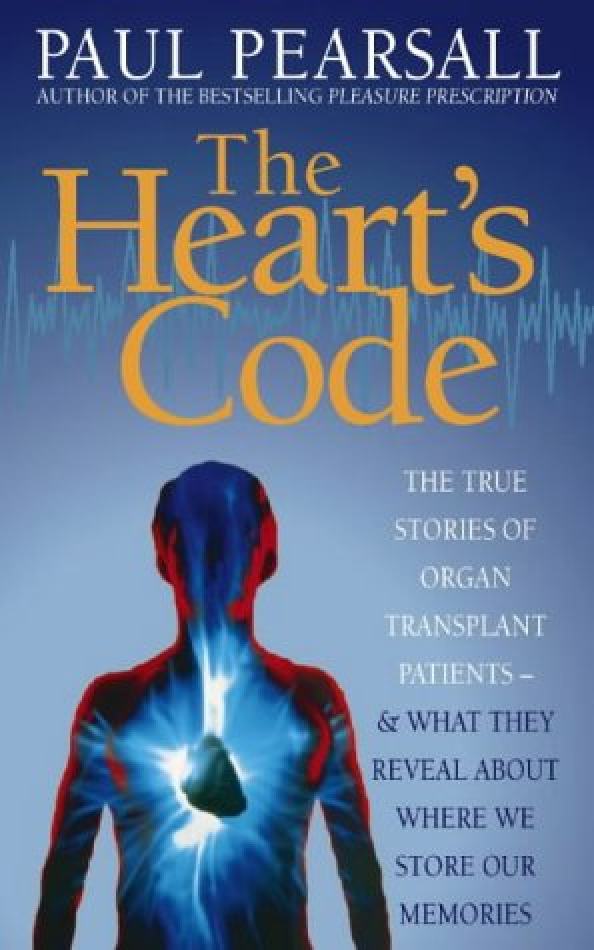
Organ transplants may have unexpected consequences: recipients’ tastes for food, sex, and their personality change
- Recipients of donor organs report that after the transplant they develop ‘new’ memories and their sexual preferences and tastes in art, food and music change
- Several theories have been advanced to explain such personality changes, based on psychology, biochemistry, even the idea of transfer by electromagnetic field
Organ transplants save lives – but, a recent study suggests, they may also come with an unexpected side effect: profound personality changes.
The paper, “Personality Changes Associated with Organ Transplants”, published in the medical journal Transplantology in January, discusses how a number of transplant recipients have experienced major, long-lasting changes in their thoughts, actions and behaviour.
The study’s 47 participants – 23 heart recipients and 24 other organ recipients – completed an online survey. It showed that 89 per cent of all transplant recipients reported personality changes following their transplant surgery, with no significant difference between heart and other organ recipients.

The personality changes they reported involved shifts in preferences for food, music, art, intimacy, leisure activities and professional pursuits. Some individuals experienced “new” memories, a heightened social and sexual adaptability, enhanced cognitive capabilities and spiritual or religious events.
‘People become fear-based’: counselling lonely, depressed men in Hong Kong
Several recipients have shared accounts of “memories” that appear to be disconnected from their own personal experiences. These memories often involve sensory perceptions that were apparently linked to their organ donor.
The paper highlights this example: “A 56-year-old college professor received the heart of a 34-year-old police officer who tragically lost his life after he was fatally shot in the face.
“Following the transplant, the recipient reported a peculiar experience, stating, ‘A few weeks after I got my heart, I began to have dreams. I would see a flash of light right in my face, and my face gets real, real hot. It actually burns.’”

Theories to explain this and other experiences are varied.
Psychological theories suggest that the recipients’ personality characteristics can impact the organ transplant. For instance, it has been proposed that personality changes may stem from fantasies the recipient has regarding the donor and their organ.
Personality changes may also be attributed to the recipients’ use of defence mechanisms to cope with the stress associated with the transplant procedure.
‘He saved my life’: prior donations get Chinese mum fast track new kidney
Biochemical hypotheses suggest that the donor’s memories and personality traits may be stored in the donated organ and transferred to the recipient.
For instance, the authors say a memory trace or vestige of past experiences – an “engram” – may be transmitted from the donor’s brain to the recipient’s through exosomes, minute, saclike structures that originate within a cell and contain a selection of the cell’s proteins, DNA and RNA.
The idea of cellular memory transfer between donors and recipients, such as through DNA and RNA memory, has been suggested.
A large percentage of people who received donations of organs other than a heart reported personality changes
A biochemical mechanism involving the transfer of personality characteristics through the intracardiac nervous system, a system of neurons in the heart that uses chemical neurotransmitters to communicate and store information, has been mooted.
This system, also known as the “heart brain”, is believed to store memories that could be passed on to the recipient during transplant surgery, potentially altering their personality.
Another hypothesis involves the recipient’s electromagnetic field, suggesting that the donor’s personality information may be stored in the electromagnetic field of the donor’s heart and transferred during surgery, leading to changes in the recipient’s personality.
Family, doctors appeal for heart donation to save Hong Kong man’s life
This theory might sound outlandish, but the human body is an electrical entity composed entirely of charged particles, governed by electromagnetism principles.
Mitch Liester, a medical doctor and an author of the paper, told the Post that two things about the study surprised him and his colleagues.

Another finding was not included in the paper, he noted.
“Some individuals only partially completed our survey. In those cases, I called the people to see if they needed assistance finishing the study. When I spoke with them on the telephone and we got to know each other, they began revealing additional personality changes that they had not disclosed in the online survey.”
These changes paralleled changes that had been described by Paul Pearsall, an American neuropsychologist and author, who, in 1999, showed the many ways in which heart transplant recipients mirrored their donors’ personalities.
Heart transplant plea puts focus on Hong Kong’s lack of organ donors
One of Pearsall’s most notable cases involved a five-year-old boy who was given a three-year-old boy’s heart.
The recipient shared: “I decided to name the boy. He is younger than me, so I call him Timmy. He had an accident when he fell down. It seems he really enjoys Power Rangers, just like I did in the past. However, I have lost interest in them now.”
The recipient’s father clarified that neither his son nor the family were initially aware of the donor’s name or age. Eventually, they discovered that the donor was named Thomas, but his close family referred to him as Tim.
The recipient’s mother mentioned that they later found out Tim died after falling from a window ledge while trying to reach for a Power Ranger toy.

Pearsall suggested that memories, or traces of them, may be stored in different parts of the body. Sensitive transplant patients may exhibit personality changes that reflect their organ donors’ experiences.

